Remember when Hollywood seemed to write off actors once they hit a certain age? Those days when the industry whispered that careers were over after 50, maybe 60 if you were lucky? Well, some of our most beloved stars had other plans entirely, proving that talent doesn’t fade with time—it just gets richer, deeper, and more authentic. These dozen performers reminded us why we fell in love with them in the first place, delivering performances that made us laugh, cry, and remember why movies matter.
1. George Burns in “Oh, God!” (1977)
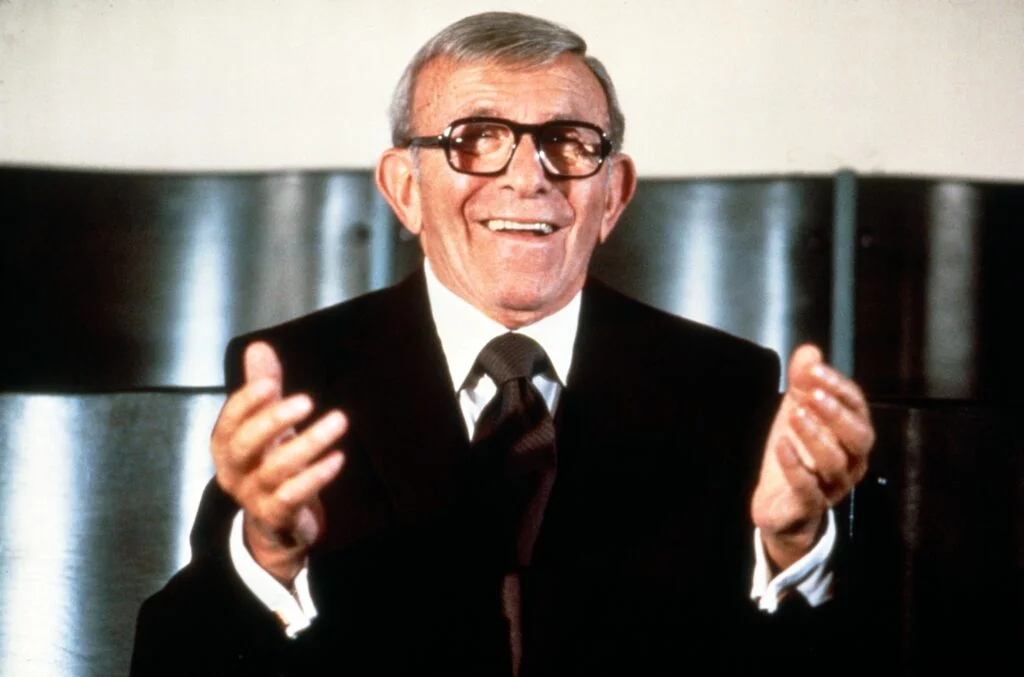
At 81 years old, George Burns could have easily rested on his laurels from decades of vaudeville, radio, and television success with Gracie Allen. Instead, he took on the role of the Almighty himself, bringing a warmth and wit to God that felt both irreverent and deeply spiritual. His natural timing and gentle humor made the divine feel accessible, earning him not just critical acclaim but a whole new generation of fans who had never seen him perform with Gracie. IMDb explores the full scope of his monumental career.
Burns didn’t just play God—he embodied the kind of wise, patient father figure that audiences were craving in the cynical 1970s. His performance was so natural and endearing that it spawned two sequels and reminded everyone why he’d been a star for over half a century. The role proved that sometimes the best casting choices are the ones that seem impossible on paper but feel inevitable on screen.
2. Jessica Tandy in “Driving Miss Daisy” (1989)
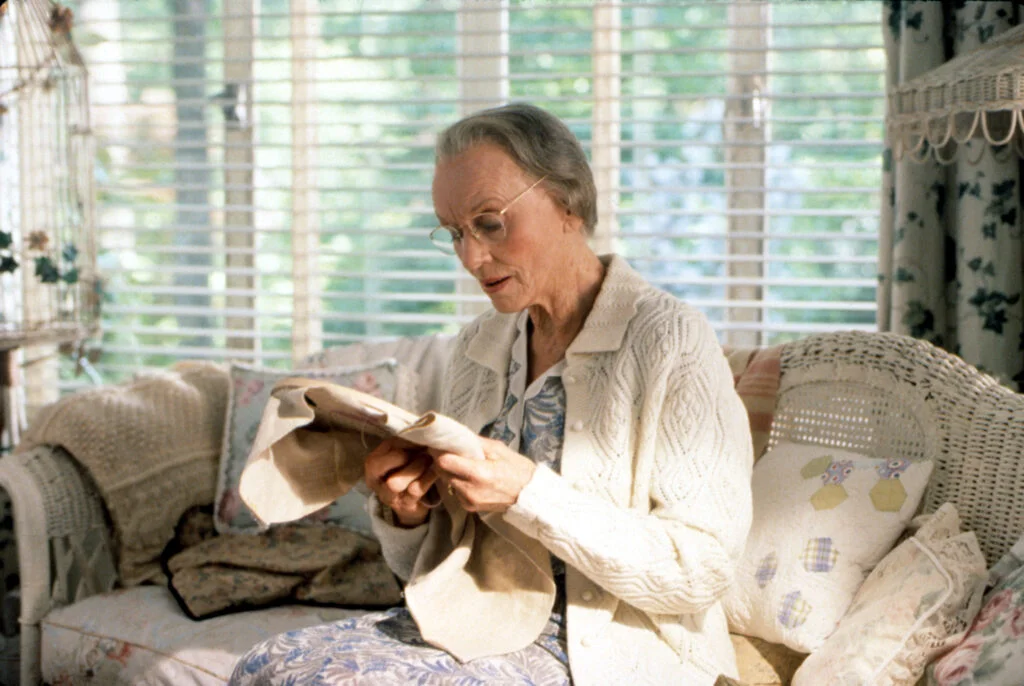
After decades of distinguished stage work and supporting film roles, Jessica Tandy was 80 when she landed the role that would define her legacy. Her portrayal of the stubborn, proud Southern matriarch Miss Daisy Werthan was a masterclass in showing how people can change and grow, even in their twilight years. Tandy brought such authenticity to the character’s journey from prejudice to genuine friendship that audiences forgot they were watching an English actress playing a Southern belle. The Kennedy Center honors the impressive trajectory of her career and impact she left.
The chemistry between Tandy and Morgan Freeman was electric, built on mutual respect and decades of professional experience. Her performance earned her the Academy Award for Best Actress, making her the oldest winner in that category at the time. Watching Tandy work was like watching a master craftsman—every gesture, every line reading felt perfectly calibrated yet completely natural.
3. Don Ameche in “Cocoon” (1985)
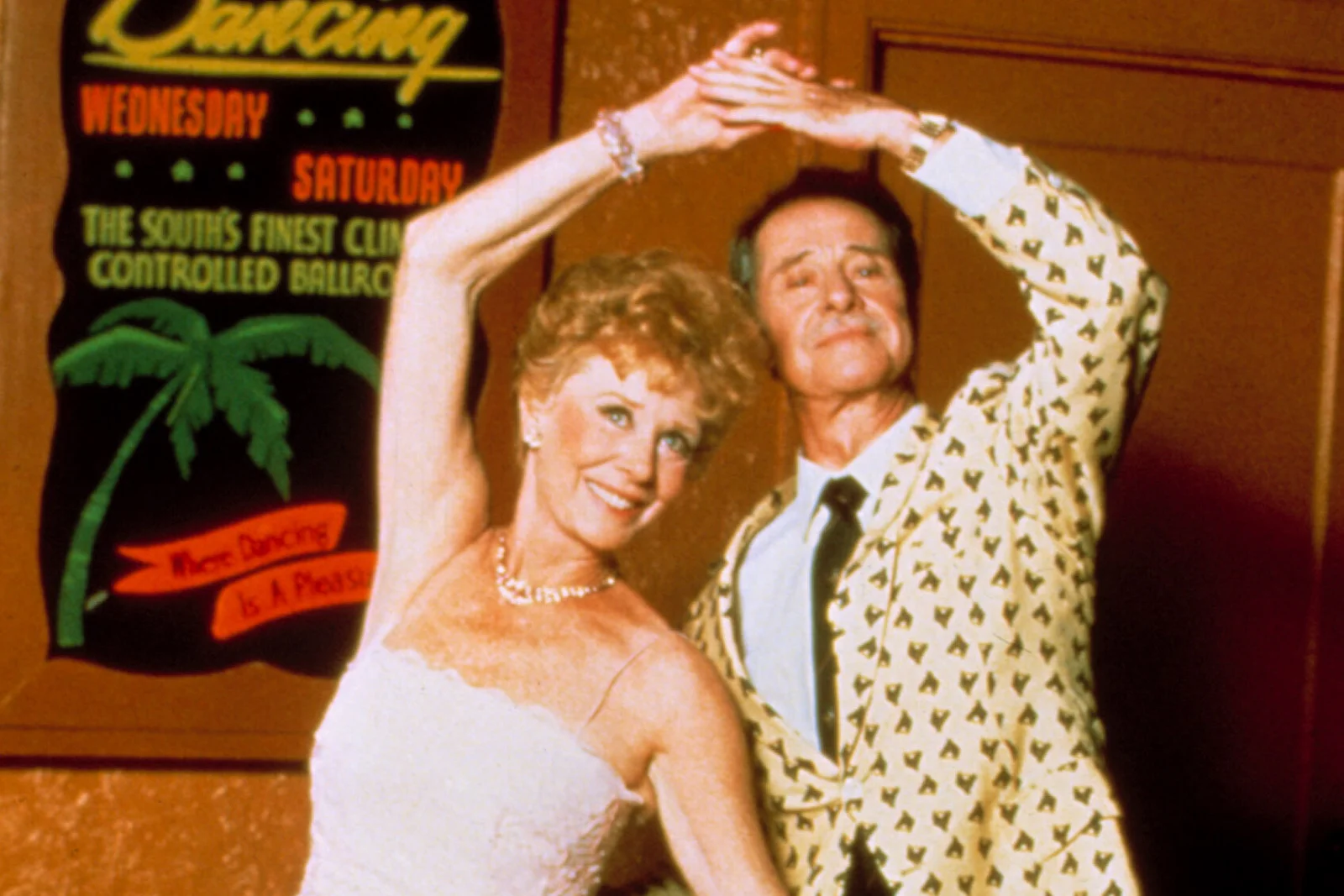
Don Ameche had been Hollywood royalty since the 1930s, but by the early 1980s, younger audiences barely knew his name. Then along came “Cocoon,” where his performance as Art Selwyn reminded everyone why he’d been a leading man for decades. His breakdancing scene alone became an instant classic, showing that this 77-year-old could still surprise and delight audiences with his energy and charm. GoldDerby explores the reactions to Ameche’s big win for this charismatic role.
Ameche brought a dignity and grace to the role that elevated what could have been a simple science fiction premise into something genuinely moving. His portrayal of a man rediscovering his zest for life resonated with baby boomers who were beginning to think about their own aging process. The role earned him an Academy Award for Best Supporting Actor and proved that talent, like a fine wine, only gets better with age.
4. Gloria Stuart in “Titanic” (1997)
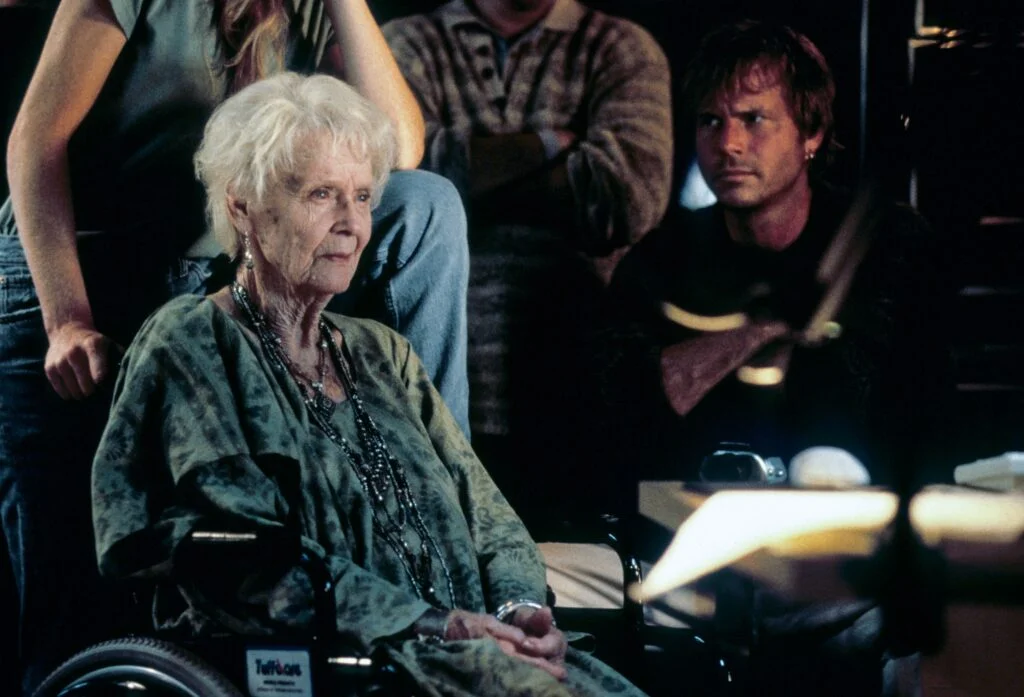
Gloria Stuart had been a leading lady in the 1930s, working alongside James Cagney and Claude Rains, but Hollywood had forgotten her by the 1940s. When James Cameron cast the 87-year-old actress as the elderly Rose in “Titanic,” it felt like discovering buried treasure. Her framing narration gave the epic disaster film its emotional anchor, and her weathered beauty told the story of a life fully lived.
Stuart’s performance was remarkable for its restraint and power—she never oversold the emotion, trusting audiences to feel the weight of her character’s memories. Her scenes bookending the film transformed what could have been a straightforward disaster movie into a meditation on love, loss, and the stories we carry with us. At 87, she became the oldest person ever nominated for an Academy Award for acting, proving that Hollywood’s most precious resource might just be its veterans.
5. Art Carney in “Harry and Tonto” (1974)
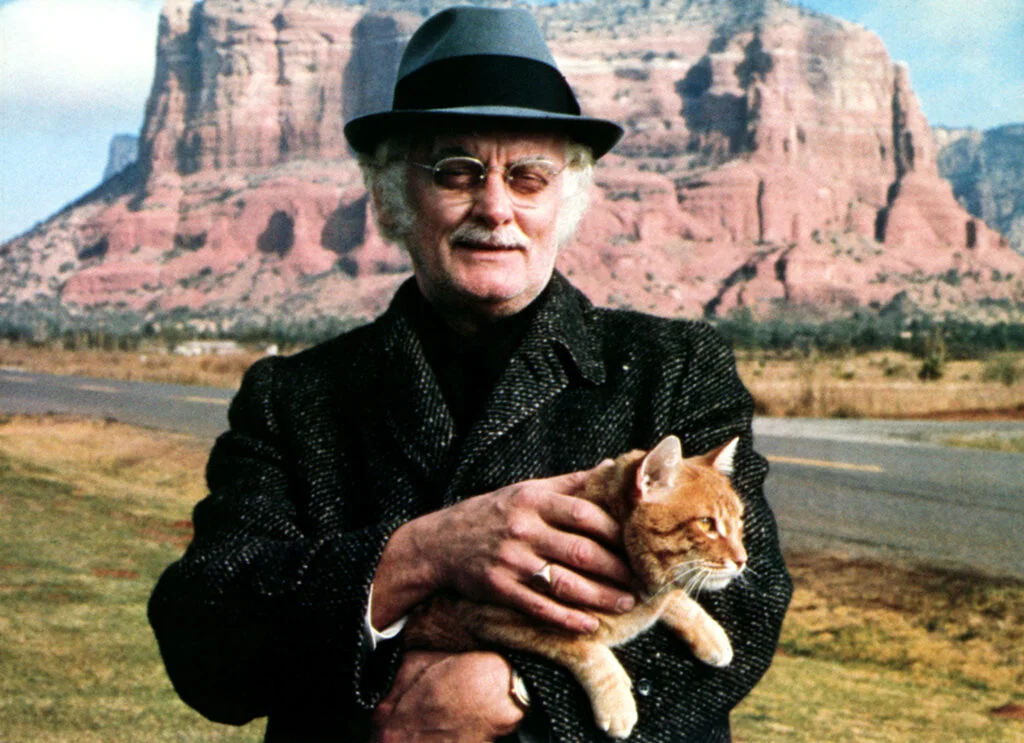
Ed Norton from “The Honeymooners” seemed an unlikely candidate for a Best Actor Oscar, but Art Carney’s performance in “Harry and Tonto” showed there was so much more to this performer than his famous sewer worker character. At 56, Carney took on the role of a widowed teacher traveling cross-country with his cat, bringing a quiet dignity and subtle humor to what could have been a maudlin premise. His naturalistic acting style, honed through years of live television, made Harry Coombes feel like someone you might actually know.
Carney’s win over heavy favorites like Jack Nicholson and Al Pacino shocked Hollywood, but audiences understood the appeal immediately. His performance captured the loneliness and resilience of aging in America with such authenticity that it felt less like acting than like documentary footage. The role proved that character actors could carry entire films when given material worthy of their talents.
6. Ruth Gordon in “Harold and Maude” (1971)
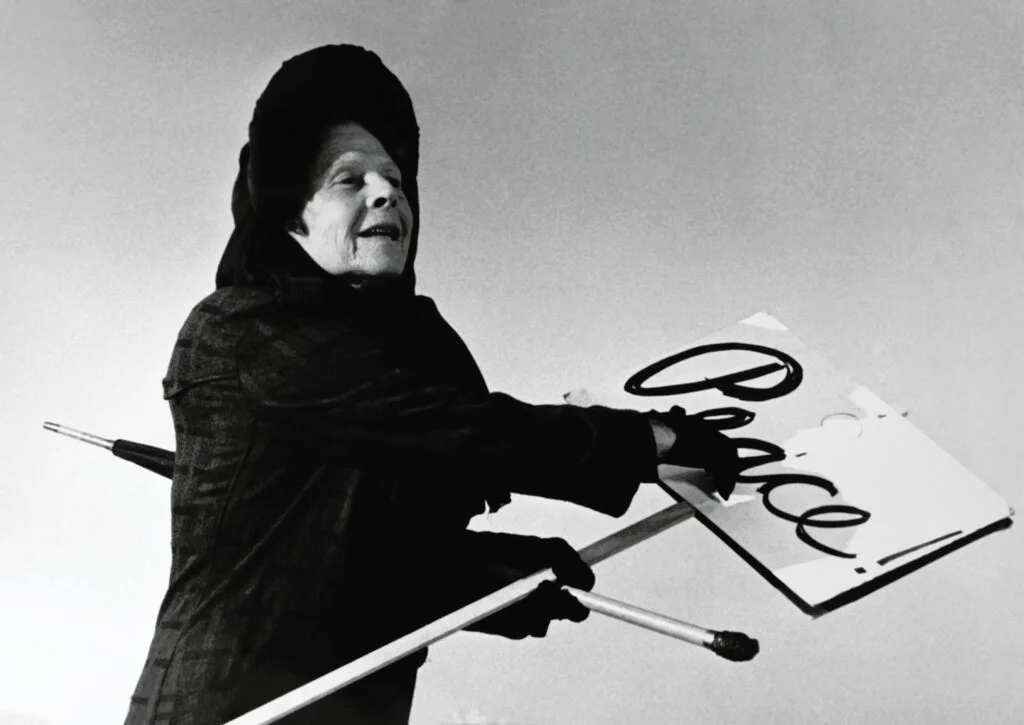
Ruth Gordon had been writing and acting for decades, but nothing prepared audiences for her free-spirited, life-embracing Maude at age 76. Her chemistry with young Bud Cort was both shocking and deeply moving, as she played a woman who refused to let age define her limitations. Gordon brought such infectious joy and mischief to the role that she made Maude’s unconventional lifestyle seem not just believable but enviable.
The film was initially controversial, but Gordon’s performance was so genuine and warm that she won over even skeptical viewers. Her portrayal of someone living fully right up until the end became a touchstone for the counterculture movement and baby boomers questioning traditional expectations about aging. Gordon proved that the most radical thing an older actress could do was refuse to play someone’s grandmother and instead play a fully realized human being.
7. Maureen Stapleton in “Reds” (1981)
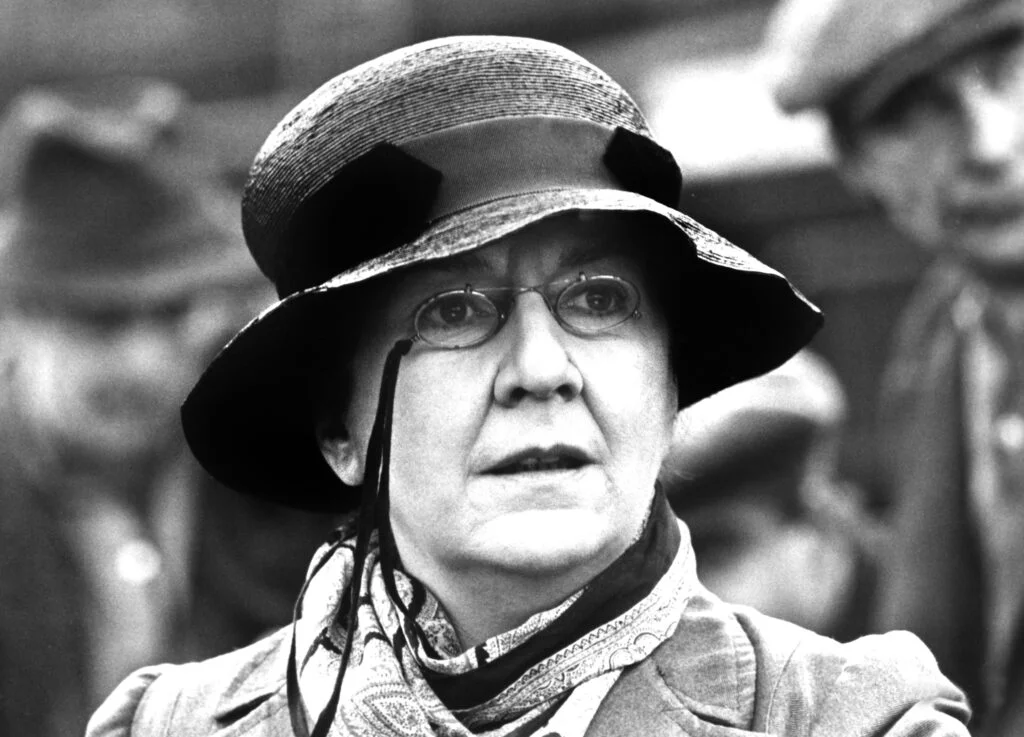
Maureen Stapleton had been a respected stage actress for decades, but her film career had been mostly supporting roles until Warren Beatty cast her as Emma Goldman in “Reds.” At 56, Stapleton brought such fire and conviction to the role of the famous anarchist that she completely stole the film from its A-list leads. Her scenes crackled with intelligence and passion, showing a political activist who was both idealistic and utterly pragmatic.
Stapleton’s performance earned her the Academy Award for Best Supporting Actress, but more importantly, it showed audiences a side of political activism they rarely saw on screen. Her Emma Goldman was neither saint nor villain, but a complex woman fighting for her beliefs in a hostile world. The role demonstrated that character actresses could bring historical figures to life with more authenticity than traditional movie stars ever could.
8. Melvyn Douglas in “Being There” (1979)
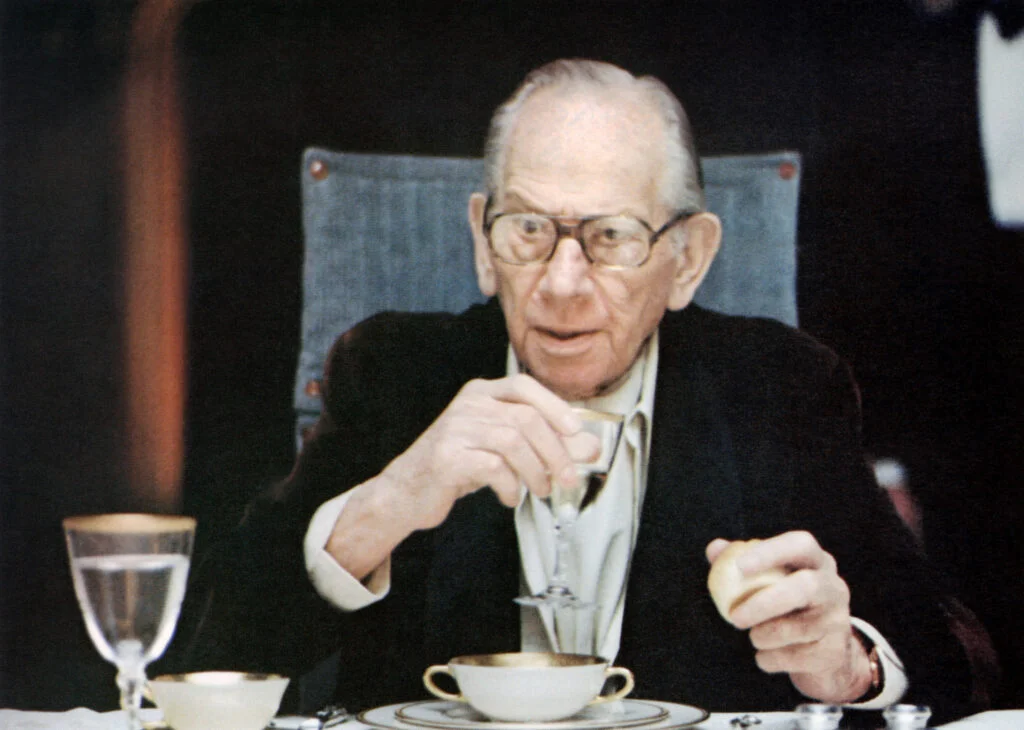
Melvyn Douglas had been a sophisticated leading man in the 1930s and 1940s, but by the late 1970s, he was known more for distinguished supporting work. His role as the dying millionaire Benjamin Rand in “Being There” gave him one final chance to show his range as an actor. At 79, Douglas brought such gravitas and warmth to the role that he made the film’s political satire feel deeply human and personal.
Douglas’s scenes with Peter Sellers were masterful examples of generous acting—he never tried to upstage the star but instead created a foundation that allowed Sellers’s performance to soar. His portrayal of a powerful man facing his mortality with dignity and grace resonated with audiences who were watching their own parents and themselves age. The performance earned him his second Academy Award and reminded everyone why he’d been considered one of Hollywood’s most reliable actors.
9. Helen Hayes in “Airport” (1970)
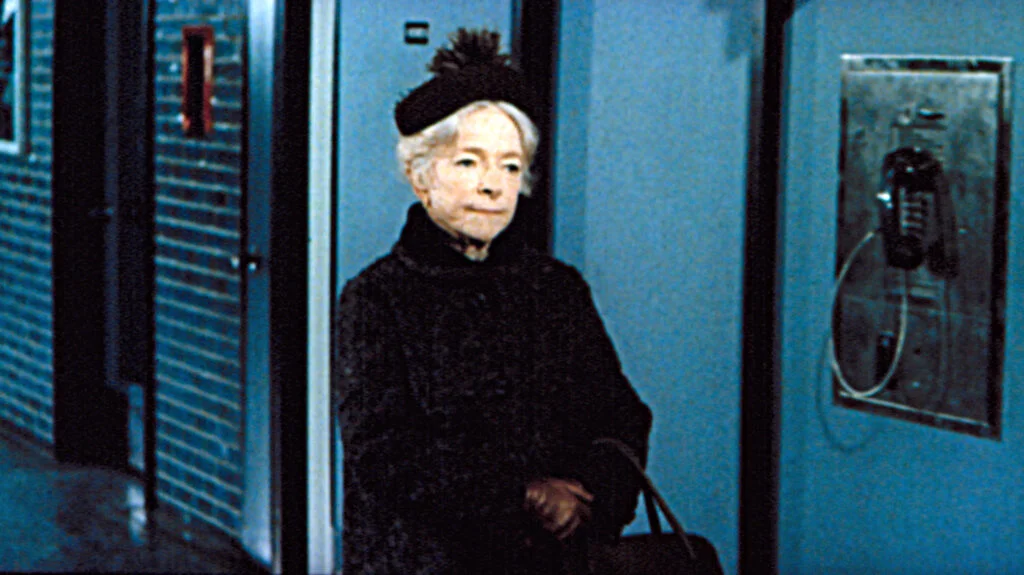
The “First Lady of American Theatre” was 70 when she decided to try her hand at disaster movie acting, and the results were unexpectedly delightful. Helen Hayes brought such humanity and humor to her role as the stowaway grandmother Ada Quonsett that she turned what could have been a throwaway part into the film’s emotional center. Her scenes with the airline crew were masterclasses in how great actors can find truth in even the most commercial material.
Hayes’s performance earned her the Academy Award for Best Supporting Actress and introduced her to a whole new generation of moviegoers who had never seen her legendary stage work. Her Ada Quonsett was spunky, determined, and utterly loveable—exactly the kind of older character that movies rarely bothered to write well. The role proved that veteran performers could elevate any material simply by bringing their decades of experience and craft to bear.
10. Henry Fonda in “On Golden Pond” (1981)
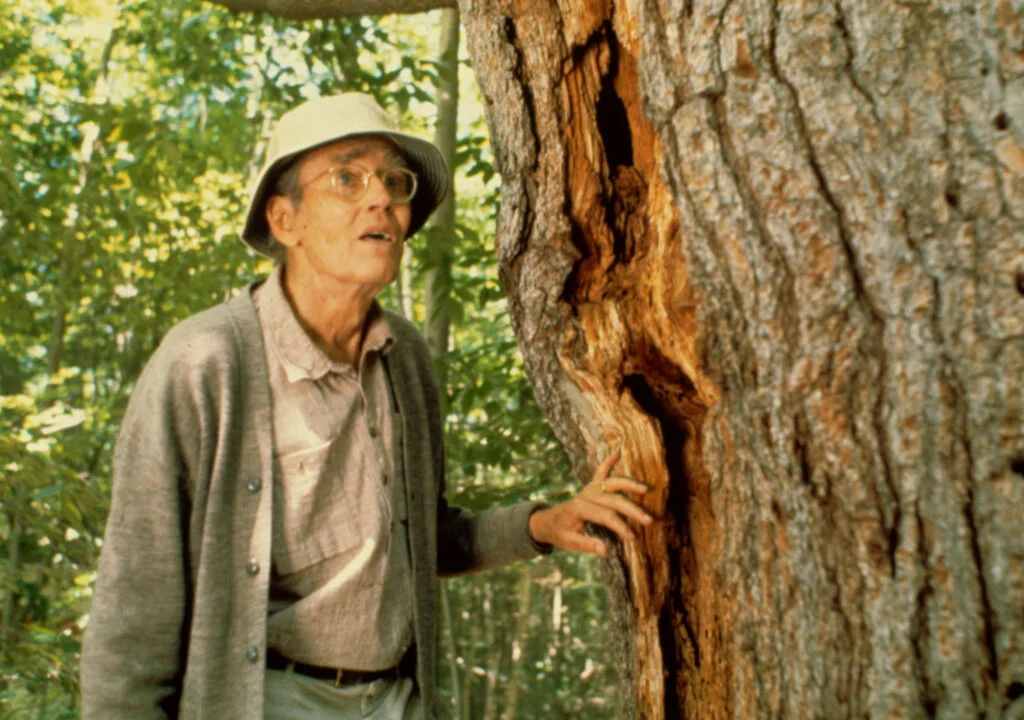
Henry Fonda’s final film performance was also his most personal, as he played a curmudgeonly father trying to connect with his daughter, played by his real-life daughter Jane. At 76 and visibly frail, Fonda brought such authenticity to Norman Thayer’s struggles with aging and family relationships that audiences forgot they were watching Jimmy Stewart’s old friend from “12 Angry Men.” His performance felt less like acting than like watching a master craftsman sign his final masterpiece.
The film’s success was built on Fonda’s willingness to be vulnerable on screen in ways he’d never allowed himself before. His scenes with Katharine Hepburn crackled with the chemistry of two old pros who understood each other’s rhythms perfectly. Fonda’s Academy Award win for Best Actor was as much a lifetime achievement recognition as it was acknowledgment of this particular performance, but the role itself was worthy of the honor.
11. Katharine Hepburn in “On Golden Pond” (1981)
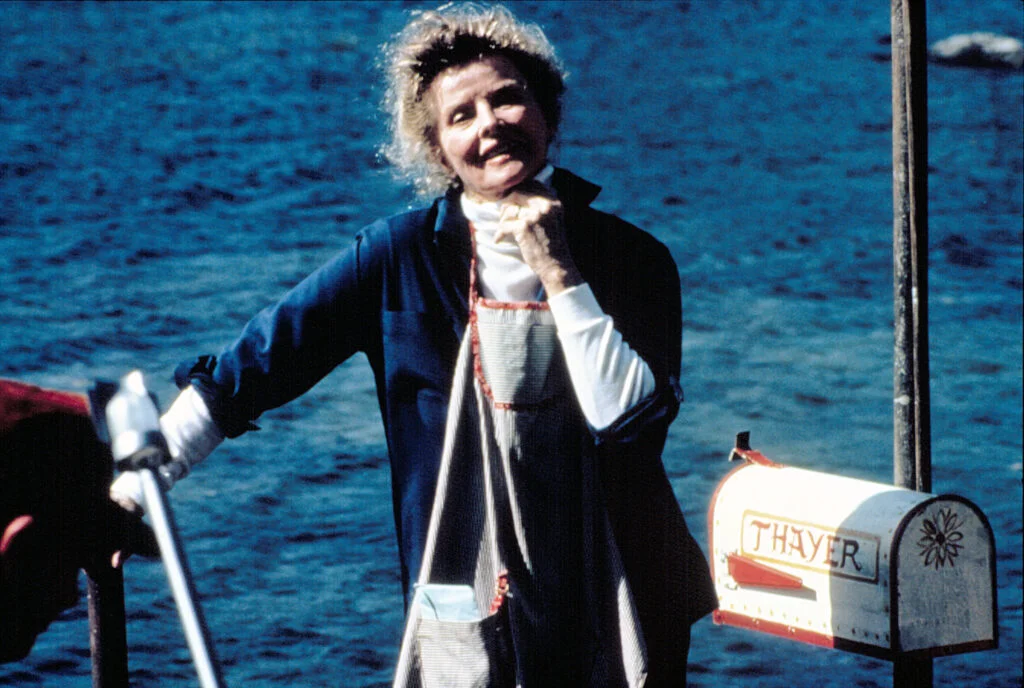
At 74, Katharine Hepburn could have easily coasted on her legend, but instead she chose to play Ethel Thayer with such vitality and warmth that she reminded audiences why she’d been a star for five decades. Her chemistry with Henry Fonda was immediate and believable—two strong-willed people who had learned to love each other’s quirks over a lifetime together. Hepburn brought her trademark intelligence and independence to the role while also showing a softer, more nurturing side that audiences had rarely seen.
Hepburn’s fourth Academy Award win made her the most awarded actor in Oscar history, but more importantly, her performance showed that older actresses could still carry major films. Her Ethel was funny, wise, and completely her own person—never defined solely by her relationships to the men in her life. The role proved that Hepburn’s appeal had never been about youth or conventional beauty, but about the force of her personality and the depth of her talent.
12. Walter Matthau in “Grumpy Old Men” (1993)
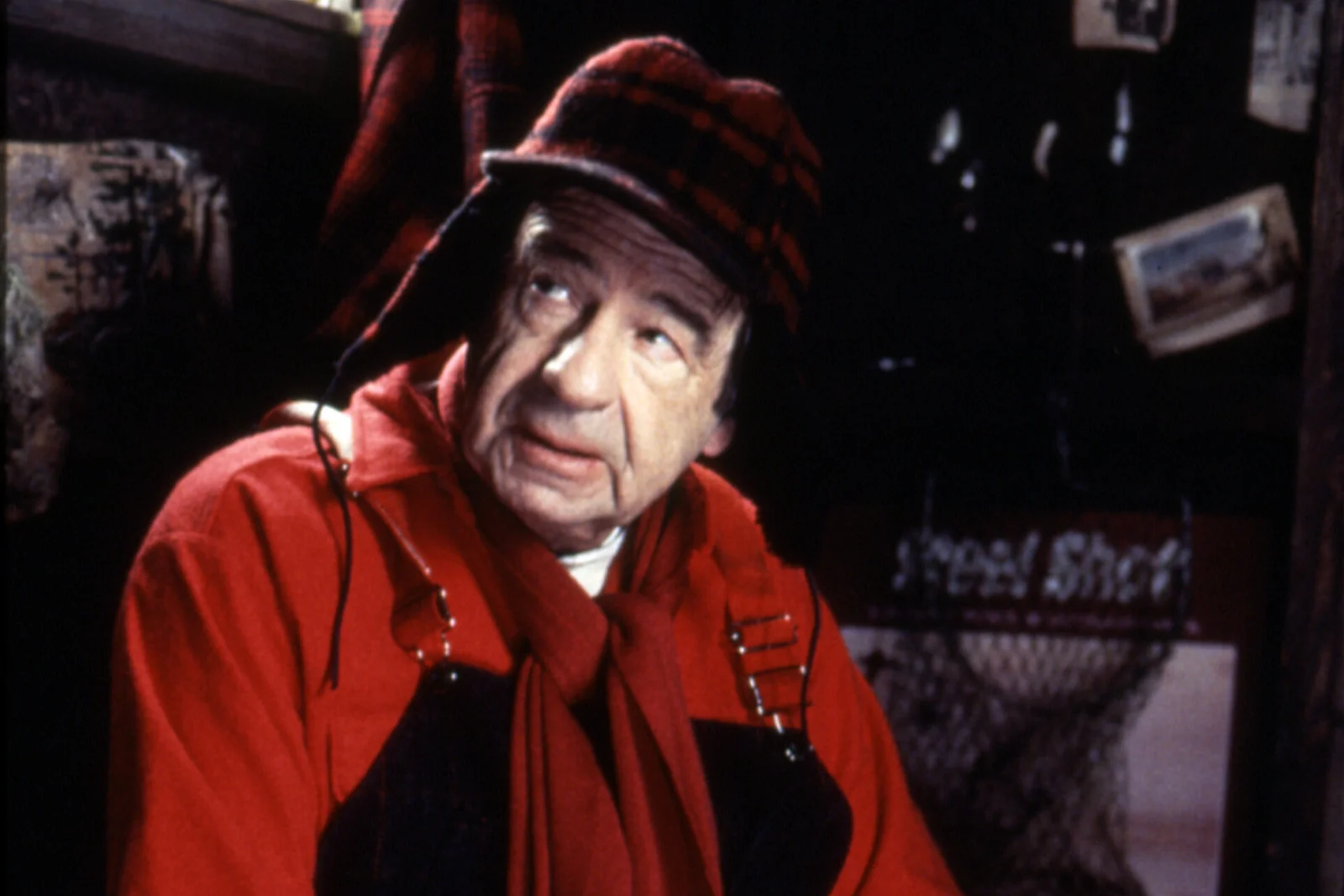
Walter Matthau had been playing curmudgeons for decades, but at 73, his Max Goldman in “Grumpy Old Men” felt like the role he was born to play. His chemistry with Jack Lemmon was so natural and lived-in that audiences believed these two had actually been feuding neighbors for decades. Matthau brought such specificity and humor to Max’s complaints and schemes that he made the character’s grumpiness endearing rather than off-putting.
The film’s success led to a sequel and reminded audiences that comedy doesn’t have to be young to be funny. Matthau’s performance was built on perfect timing and an understanding that the best humor comes from character rather than situation. His Max was stubborn, petty, and absolutely hilarious—proof that Walter Matthau could make even the most cantankerous character loveable through sheer force of personality and professional skill.
These dozen performances remind us that Hollywood’s golden years weren’t just about the glamour and the youth—they were about the craft, the experience, and the wisdom that only comes with time. These actors didn’t just age gracefully; they aged powerfully, using every line on their faces and every year of experience to create characters that resonated across generations. In an industry obsessed with the next young thing, they proved that sometimes the most compelling performances come from those who’ve lived long enough to understand what really matters.


